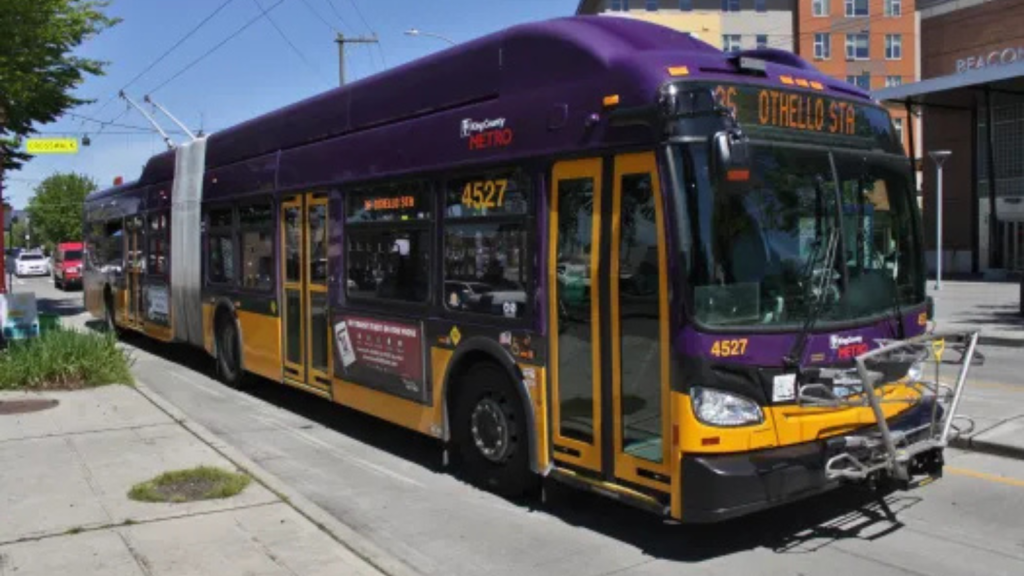October 24, 2024
Community-Driven research informs policy for safer and more equitable transportation in Seattle

Seattle, WA – October 24, 2024 – New research from the Participatory Active Transportation for Health in South Seattle (PATHSS) study highlights the powerful role of community engagement in shaping transportation policy. Led by researchers from the University of Washington Health Promotion Research Center in collaboration Beacon Hill Safe Streets and Seattle Neighborhood Greenways, the study provides actionable recommendations to improve transportation infrastructure and advance mobility justice in underserved communities.
The study’s Community-Based Participatory Research (CBPR)- justice mobility framework ensured that local voices directly informed the research findings, with the goal of influencing policies to create safer and more connected neighborhoods. The study found that South Seattle residents, particularly communities of color and people with disabilities, face significant barriers to safe and accessible transportation.
Through interviews, mobility audits, and youth-led photovoice projects, community members and researchers identified key issues, including improved lighting, crosswalks, sidewalks, pavement, curb cuts, and the need for better public transit options. Community members also emphasized their strong desire to maintain and strengthen community connection while walking, rolling (bikes, wheelchairs, etc.), and using public transportation in their community.
This research comes at a pivotal time as Mayor Bruce Harrell recently proposed a $1.35 billion transportation levy aimed at improving Seattle’s transportation infrastructure. The PATHSS study’s findings align with the levy’s focus on safer streets, better transit, and equitable access to transportation options. Community recommendations such as improved sidewalk maintenance, enhanced public transportation, and increased safety measures are reflected in the mayor’s vision for a safe, reliable, and connected Seattle.
The PATHSS team worked closely with community members to disseminate findings and push for policy changes that reflected the community’s priorities. They organized a virtual community forum, developed a dedicated website to showcase project activities and products, and published an infographic policy brief to communicate findings. To further elevate these issues, the team co-authored op-eds and letters to the editor in local and regional outlets, advocating for transportation equity and infrastructure improvements. Additionally, PATHSS researchers and community partners met with transportation agencies, including the Seattle Department of Transportation (SDOT), King County Metro, and Sound Transit, to discuss policy changes related to public transit access and infrastructure upgrades. These efforts ensured that the study’s findings were not just shared but actively used to advocate for systemic changes that prioritize the community’s needs.
As Seattle moves forward with its transportation levy, this collaborative research model serves as a blueprint for how academic institutions, policymakers, and communities can work together to advance equity and mobility justice in urban planning.
To read more about the PATHSS study and its policy recommendations in Health Equity click below.
To read the Opinion to the Editor in the South Seattle Emerald click below.